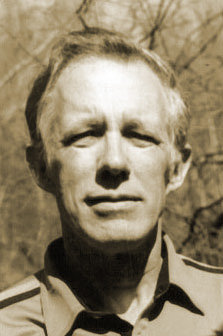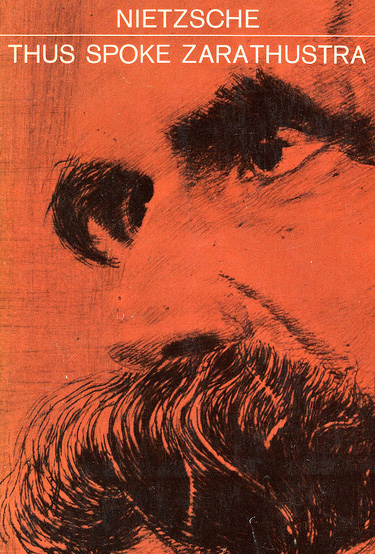by Jack Frost
 Alex Jones is an anti-racist Christian (a redundancy, of course) whose marketing genius has allowed him to devise a means to take the vague patriotic sentiments and disquiet at a changing country that most white Americans feel and turn those feelings into money. He’s turned their resentment into a multi-million dollar enterprise. His on-air persona is part televangelist and part WWE wrestler, and he’s going for the same credulous, poorly-educated, almost all white demographic. He seems sincere in his anti-racism though and probably is, but deep down I’m sure he realizes that if he were racist he wouldn’t have a show, so it’s a shrewd business move as well.
Alex Jones is an anti-racist Christian (a redundancy, of course) whose marketing genius has allowed him to devise a means to take the vague patriotic sentiments and disquiet at a changing country that most white Americans feel and turn those feelings into money. He’s turned their resentment into a multi-million dollar enterprise. His on-air persona is part televangelist and part WWE wrestler, and he’s going for the same credulous, poorly-educated, almost all white demographic. He seems sincere in his anti-racism though and probably is, but deep down I’m sure he realizes that if he were racist he wouldn’t have a show, so it’s a shrewd business move as well.
The long interview with Duke was surprising then, especially because Duke, an anti-racist Christian just like Jones [Editor’s italics], got to get his message out to millions of listeners and viewers, for the most part free from interruption. He clearly won the “debate”, such as it was.
I contend that a race of people even slightly interested in their own survival would respond to Duke’s revelations with an outpouring of outrage at Jews and support for white nationalism, but of course, that in all likelihood hasn’t happened. If it did, I haven’t heard anything about it.
To understand why nothing much ever comes of such performances, you have to realize that the role people like Alex Jones and David Duke serve in the political ecology of America is to take dangerous energy that conceivably could build to become a violent explosion that would damage the system, and dissipate it into harmless channels.
Alex’s pitch is simple. Feeling patriotic? Cultural change got you down and the spirit of 1776 stirring you up? Then buy something from Alex Jones and you’ve done your part to fight those dastardly “globalists” that are the one and only cause of your troubles. Alex has got a complete line of nostrums designed to deal with everything from your falling IQ (the globalists are poisoning the water and slowly killing your brain with fluoride) to constipation. He’s even got a product called “Super Male Vitality” if you’ve been feeling impotent lately.
Duke is similar, although his demeanor is more low key and he’s not as good of a showman or businessman as Jones. It must be appreciated that both of these men are in the consciousness raising business. Endless consciousness raising is their bread and butter.
The last thing either one of them want is for their listeners to take action. Once the masses awaken and revolt there would be no further need for their product! By listening to Duke, people sympathetic to his message feel they’re part of the resistance to the changes enveloping them on every side. People who aren’t sympathetic to Duke, which, unless I miss my guess, includes most of Jones’ audience, get to be entertained for a bit and get to indulge themselves in a feeling of moral superiority to the supposedly racist, anti-semitic David Duke.
So there’s something in it for everyone, all around. A good time was had by all. Everyone gets to oppose “globalists”, or Jews, if that’s your cup of tea, or racism (always an easy sell in a Christian nation), and no blood gets shed at all.
Nobody gets hurt, the system remains safe, and nothing ever changes.





